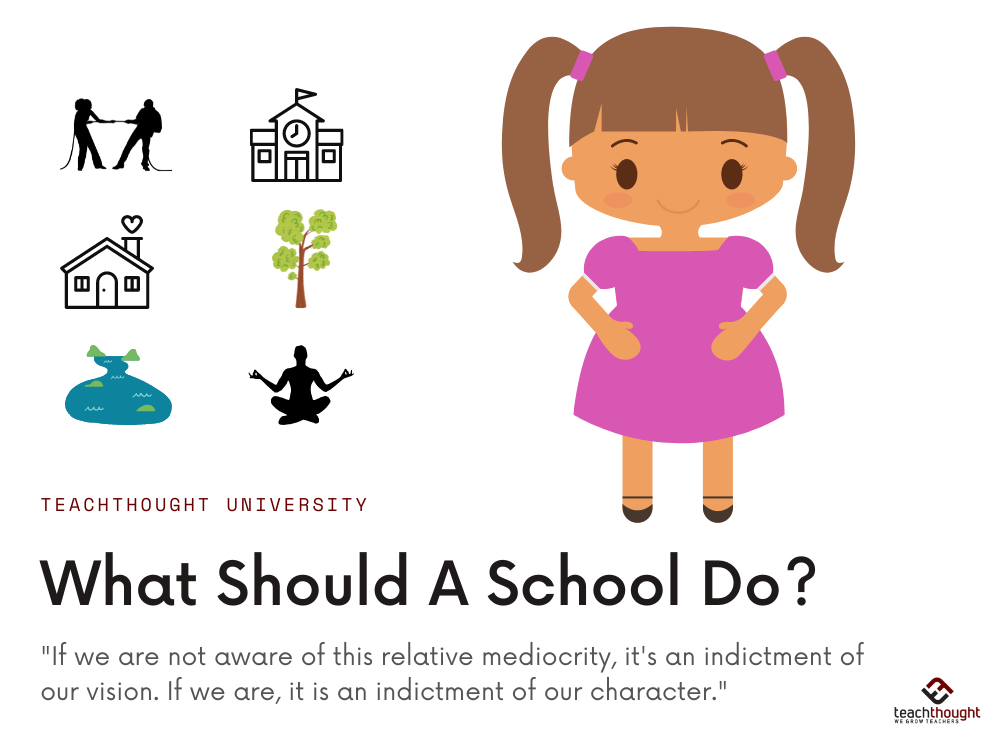

I. Human beings are capable of extraordinary joy and extraordinary suffering.
II suffering is inherent in the human condition and is not entirely corrected.
III. The suffering that occurs as a kind of product – something that happens by design – is however correctable.
IV. Many problems that cause suffering actually occur “by design” and are therefore corrected.
V. Identify and prioritize these “problems” is the work of a culture and its human infrastructure.
VI. This will not happen automatically, or without much effort, affection, patience and will not to reach “quick solutions”.
VII. The ability to prioritize and confront and start correcting these “deliberately vague problems” which is general enough to transmit the premise without it being necessary to “choose” and to frame (still) the problems) comes from The ability to sympathize consistently, connect significantly and think critically, rationally and with intellectual care and human affection.
VIII. As a culture, one of our main mechanisms to produce a citizen capable of And take care of “Think critically, rationally and with intellectual care and human affection” is “school”.
IX. Although this is obviously subjective and certainly at the very least, by the extremely large majority of measures (the health of our environment a notable exception), the “world” is better today than ever. (Read Lights now: The case for reason, science, humanism and progress by Steven Pinker, for reference.)
X. Two (many) possibilities: this school “works” and is largely responsible for these improvements or these improvements came instead of the school and its relative efficiency.
XI. Anyway, he probably doesn’t need to prove that teachers work harder than ever in (and outside) the classroom, the fundamental design of our education tools – Curriculum, D ‘ Evaluation and teaching, for example – rarely benefit from our engineering collective as a species. In other words, school as it cannot be our best thought.
XII. Given the importance of knowledge (and one of its main causes, education), if we are not aware of this relative mediocrity and do not respond to our most prudent, creative, affectionate thought And the most critical is an indictment of our vision. If we are, it is an indictment of our collective character.
XIII. A powerful way to start solving problems such as climate change and our sensitivity to sandy propaganda and crochet and prejudice and discrimination and war and mental health and poverty, etc. For suffering – is by the ability and the tendency to access and prioritize and use knowledge to improve our collective state. (Critical thought -> Critical Literacie.)
XIV. Of course, it must start – and more vigorously prosper – at home and not at “school”.
XV. How, then, should we answer this question: what role do schools play in the physical and mental well-being of their students, teachers and surrounding communities? What is a “good school”?
Founder and director of teaching



